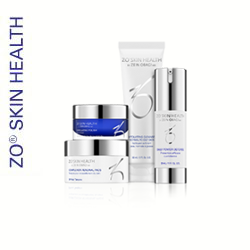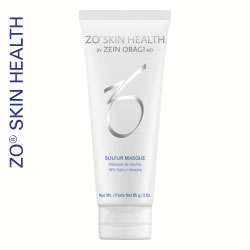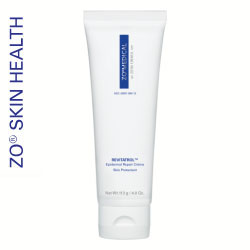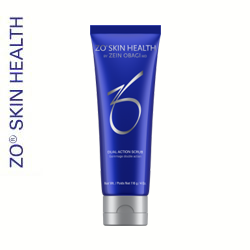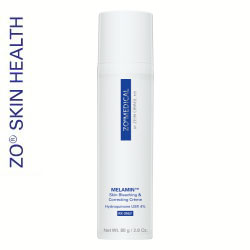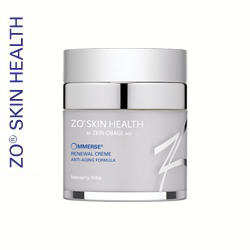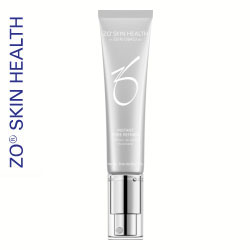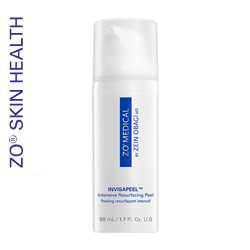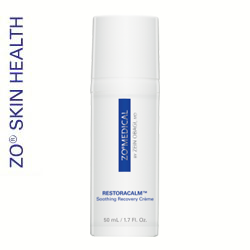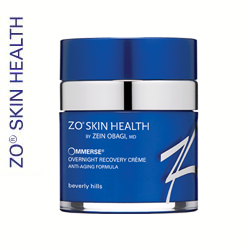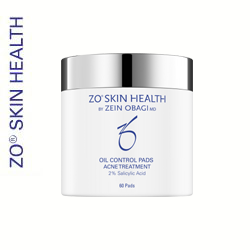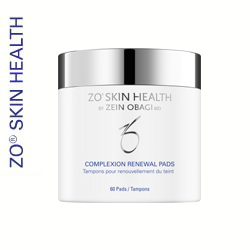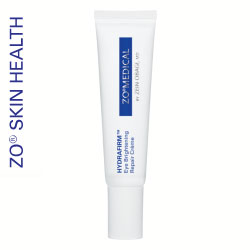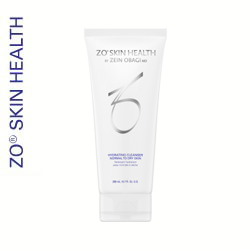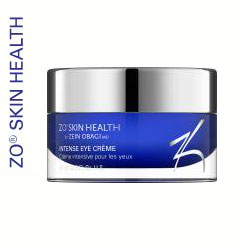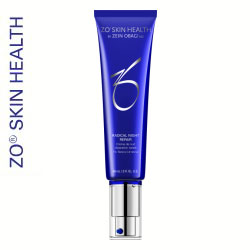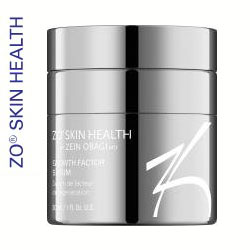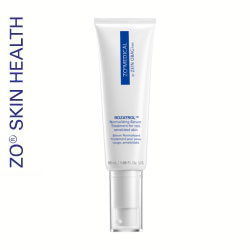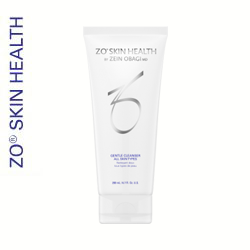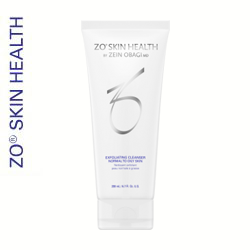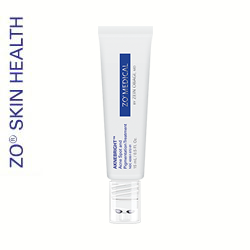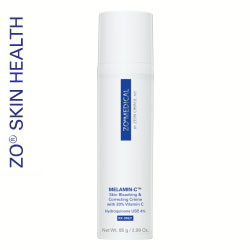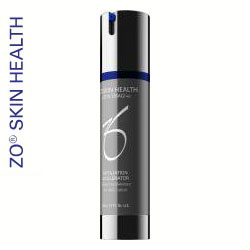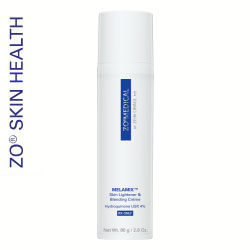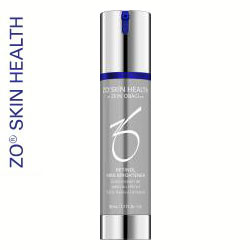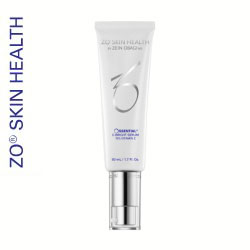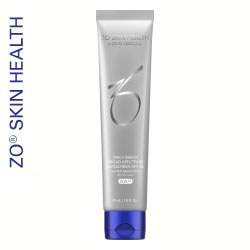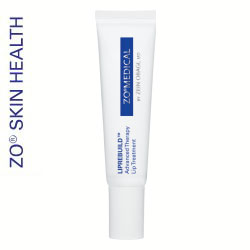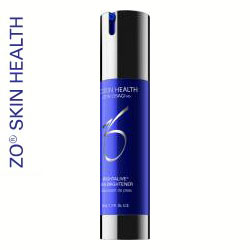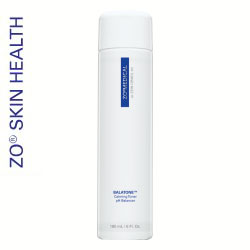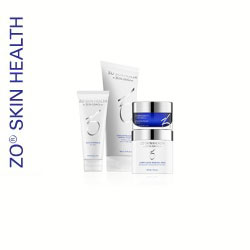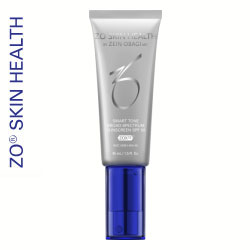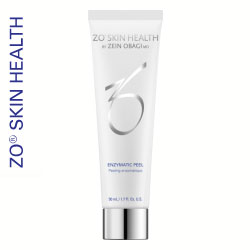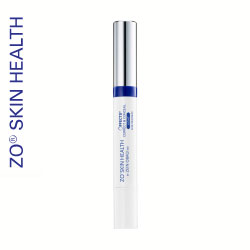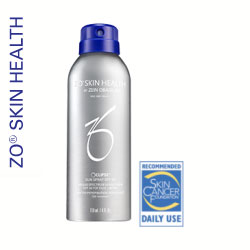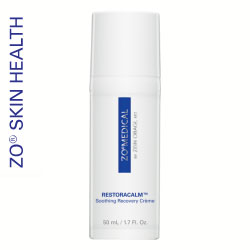Melasma: What is it, what causes it and how to treat it?
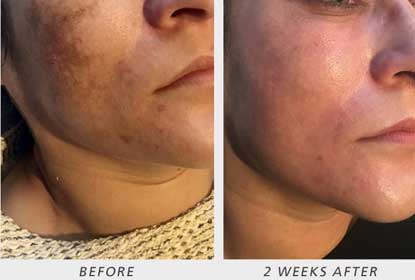
What is melasma?
Melasma is a common skin condition that predominantly affects women, although it’s possible that men can suffer from it too. It appears in the form of grey/brown patches on the individual’s face. As it is something which can be caused by a lot of exposure to the sun, the condition is most often visible on the cheeks, nose, forehead and chin. If you have regular exposure to the sun in other areas of your body then it could also appear there.
The most important thing to note is that melasma is not infectious, it is not contagious and it is not cancerous. Although it is not a health risk to you, it isn’t considered to be very visually-appealing and can easily cause the affected individual to feel more self-conscious, particularly in public places. However, it can be easily controlled with the correct treatment. Because of the believed causes of melasma, it can flare up at certain times of the year depending on the individual’s circumstances.
What causes it?
There are many internal and external factors which can cause melasma to flare up, some of which are avoidable and some of which are not.
The condition is most prevalent amongst pregnant women, where it could affect up to 50% of women. For this reason it is often known as a ‘pregnancy mask’. Although it still isn’t known precisely what causes melasma, hormonal changes such as pregnancy are often linked to an outbreak of the condition, meaning that anybody using birth control pills, undergoing hormone therapy or even suffering from stress may also find the grey/brown patches appearing on their face and other parts of their body.
Those with dark, tanned skin who have a lot of exposure to the sun are also commonly affected by melasma. The increased UV exposure from the sun, sun-beds or phototherapy affects the cells that control pigments, which can in turn trigger an outbreak of melasma.
How do you treat it?
Given that we have a reasonable idea as to the causes of melasma, there are several ways in which we can treat it. The first thing you should do is avoid over-exposure to the sun, using appropriate protective creams as well as wearing hats and long-sleeved clothing whenever possible. Not only will these steps limit the outbreak of melasma, but they will also make subsequent skin treatments more effective. Applying makeup may help cover-up the condition to a certain extent, but for more long-lasting effects you may wish to try Cosmelan.

Cosmelan is recommended by our skincare specialists as an effective treatment against melasma and similar skin conditions. After an initial diagnosis at the clinic to ensure that it is a suitable treatment for you, we’ll apply an initial application and provide you with a one-month supply of cream to be used at home. We will then give you all the information you need to safely and effectively treat melasma with Cosmelan, and our friendly team will be on hand if you have any questions, doubts or queries along the way.
Book a consultation with our specialists



